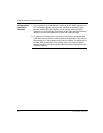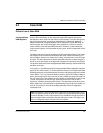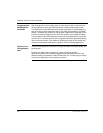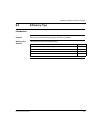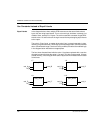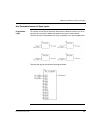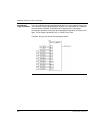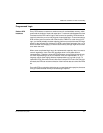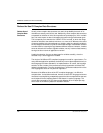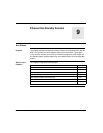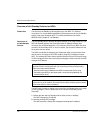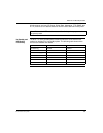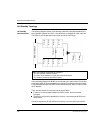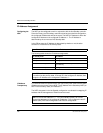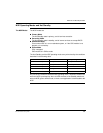
Additional Guidelines for IEC Hot Standby
162
840 USE 106 00 January 2003
Reduce the Use Of Complex Data Structures
Reduce Use of
Complex Data
Structures
Usually, when complex data structures are used, the probability that each of its
members are actually used is fairly low. Additionally, when complex data structures
are passed as variables or links, each superfluous input/output pin, link or variable
has a lot more impact on data consumption than when using primitive data types.
This is especially true whenever the "MOVE" EFB is involved, of which the usage
should be reduced to the absolute minimum, or to none at all. Whenever the result
of some preceding logic gets assigned to a variable, make sure that this variable is
the final target for that value, not just an intermediate storage. Intermediate variables
are often used for loosening the logic between different sections. However, it makes
sense to reduce the full amount of global variables, not only in terms of data memory
savings, but also in terms of application overview.
Handle the selection of arrays as data types for variables carefully, since the
selected array is often bigger than needed.
The choice of all different IEC compliant languages is made for a good reason. For
many different application problems, the best way to solve them depends heavily on
what language has been selected for its implementation. Of course, the language
selection is also a matter of the preferences of the programmers and those who
maintain the application. The user should be free in his decision about which of the
IEC languages to select for his particular application.
Because of the different focus of the IEC compliant languages, it is difficult to
compare them. It should be mentioned, however, that the SFC language consumes
more data in accomplishing a stepwise program execution compared than what one
would expect from the implementation of that feature in another language. The
overall data consumption of SFC steps ranges between 20 to 25 bytes per step,
which does not include any data from transition sections.



